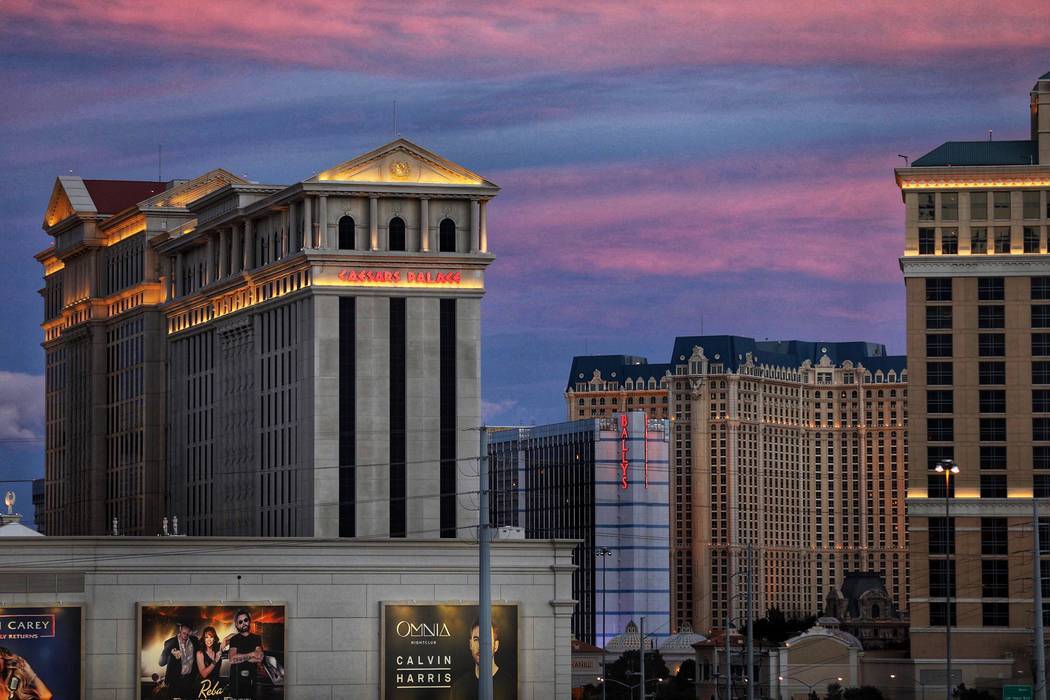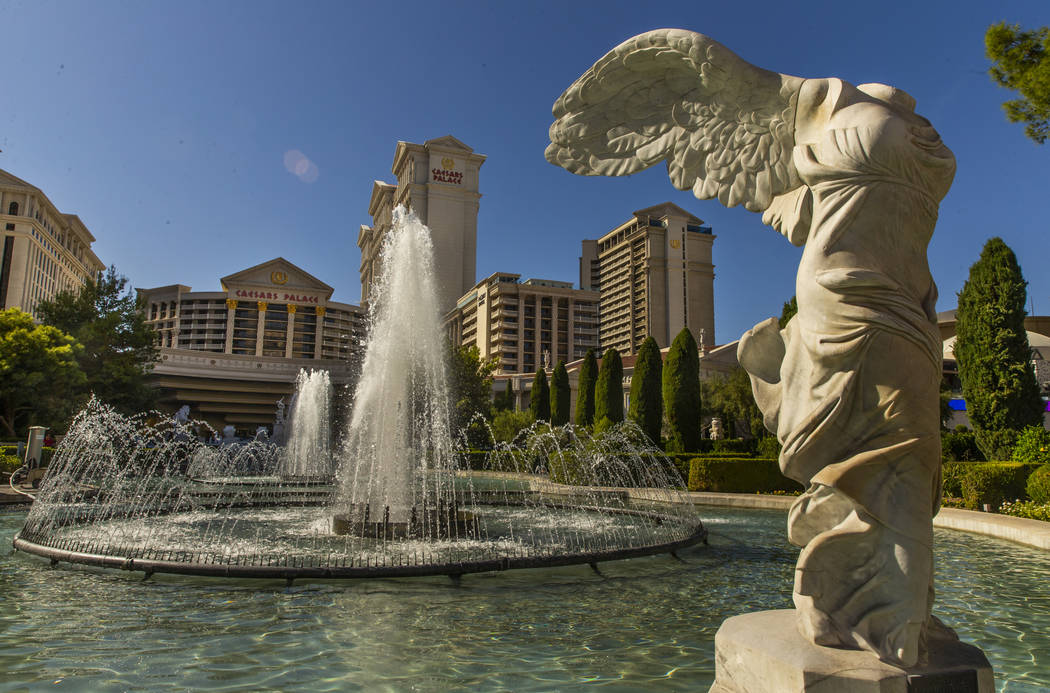Caesars CEO: Contingency plans for coronavirus in development
Caesars Entertainment Corp. isn’t seeing any dampened visitation as a result of the coronavirus outbreak in China.
The same can’t be said for its stock price.
In a conference call with investors on fourth-quarter earnings Tuesday, Caesars CEO Tony Rodio said the company “has seen no business impact whatsoever” from the virus outbreak, which Johns Hopkins University says has afflicted 80,413 people worldwide.
“Going forward, we have a number of metrics and dashboards and items that we track on a daily basis to see if we get a precursor to any downturns,” Rodio said in response to an inquiry from an investor. “I’m happy to report we have not seen that yet. We are working on contingency plans should the situation begin to affect business here, but so far, so good.”
But like other stock prices across multiple business sectors, Caesars shares suffered similar downturns attributed to fears about the spread of the virus.
On Thursday, Caesars stock was trading at $14.48 a share. But on Monday and Tuesday, it fell a total of 8 percent to close Tuesday at $13.31.
Unlike other major casino operators, Caesars has no gaming presence in Macao but does operate a 36-hole golf club there.
Of the more than 80,000 coronavirus cases monitored by Johns Hopkins, 77,760 are in mainland China and 10 are in Macao. There have been 57 cases reported in the United States, though none in Nevada.
Caesars also reported that the company’s 2020 outlook is positive with next month’s opening of its Caesars Forum conference center.
Rodio said the company has booked 240,000 room nights and $100 million in hotel and banquet revenue in 2020 as a result of Caesars Forum, which is located near the Linq Promenade.
The company expects to get a boost from next month’s huge ConExpo-Con/Agg construction equipment trade show and April’s 2020 NFL Draft, which will have Caesars as a partner.
The company also is an NFL sponsor, which should enable it to capitalize on the Las Vegas Raiders’ slate of 10 games beginning in the summer.
Caesars is on the verge of merging with Reno-based Eldorado Resorts Inc. The two companies have received approval from several regulatory agencies in the past few months, but the move has yet to appear before the state Gaming Control Board or the Nevada Gaming Commission.
While Caesars reported a fourth-quarter loss, revenue climbed 2.6 percent, exceeding analysts’ expectations.
The company reported a loss of $305 million, 45 cents a share, on revenue of $2.169 billion for the quarter that ended Dec. 31. For the same quarter a year earlier, the company reported net income of $198 million but a loss of 15 cents a share on revenue of $2.115 billion.
The company benefited from hotel, food and beverage and gaming revenue generated at domestic properties that recently added sports wagering to their operations.
Quarterly losses were attributed to expenses related to Caesars’ sale of the Rio, which closed in October for $516.3 million, to Eric Birnbaum’s Dreamscape Companies. The company also sold Harrah’s Reno for $50 million to CAI Investments in the first quarter of this year.
The $17.3 billion merger with Eldorado, expected to be completed in the first half of the year, was approved by shareholders of both companies in November. Once that is completed, the merged company will take the Caesars name and be headquartered in Reno.
Eldorado Resorts is scheduled to report its fourth-quarter earnings Wednesday afternoon.
Contact Richard N. Velotta at rvelotta@reviewjournal.com or 702-477-3893. Follow @RickVelotta on Twitter.
Caesars Entertainment Corp.
Fourth-quarter revenue and earnings for Las Vegas-based Caesars Entertainment Corp., operators of Caesars Palace, Flamingo, Harrah's and The Linq Hotel, among other Strip properties. (Nasdaq: CZR)
Revenue
4Q 2019: $2.169 billion
4Q 2018: $2.115 billion
Change: +2.6%
Net income/(loss)
4Q 2019: ($305 million)
4Q 2018: $198 million
Change: —
(Loss) per share
4Q 2019: (45 cents)
4Q 2018: (15 cents)
Change: —




















